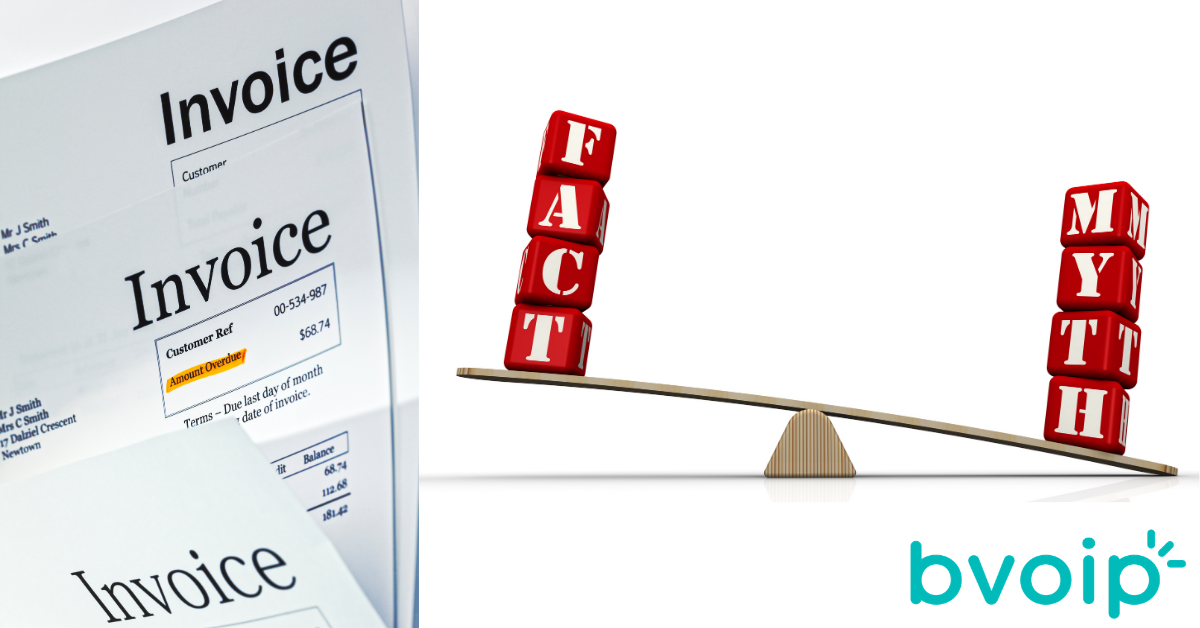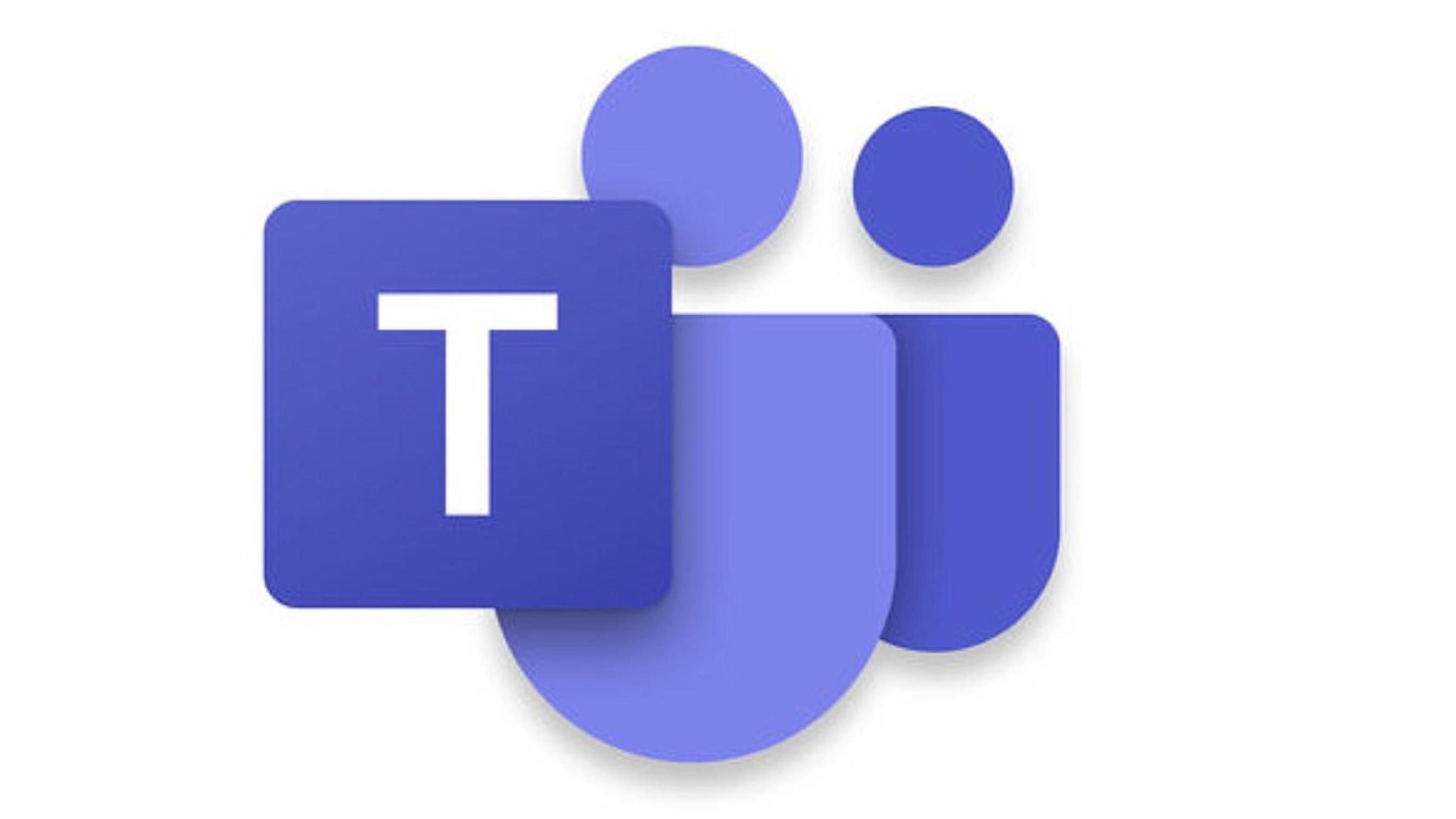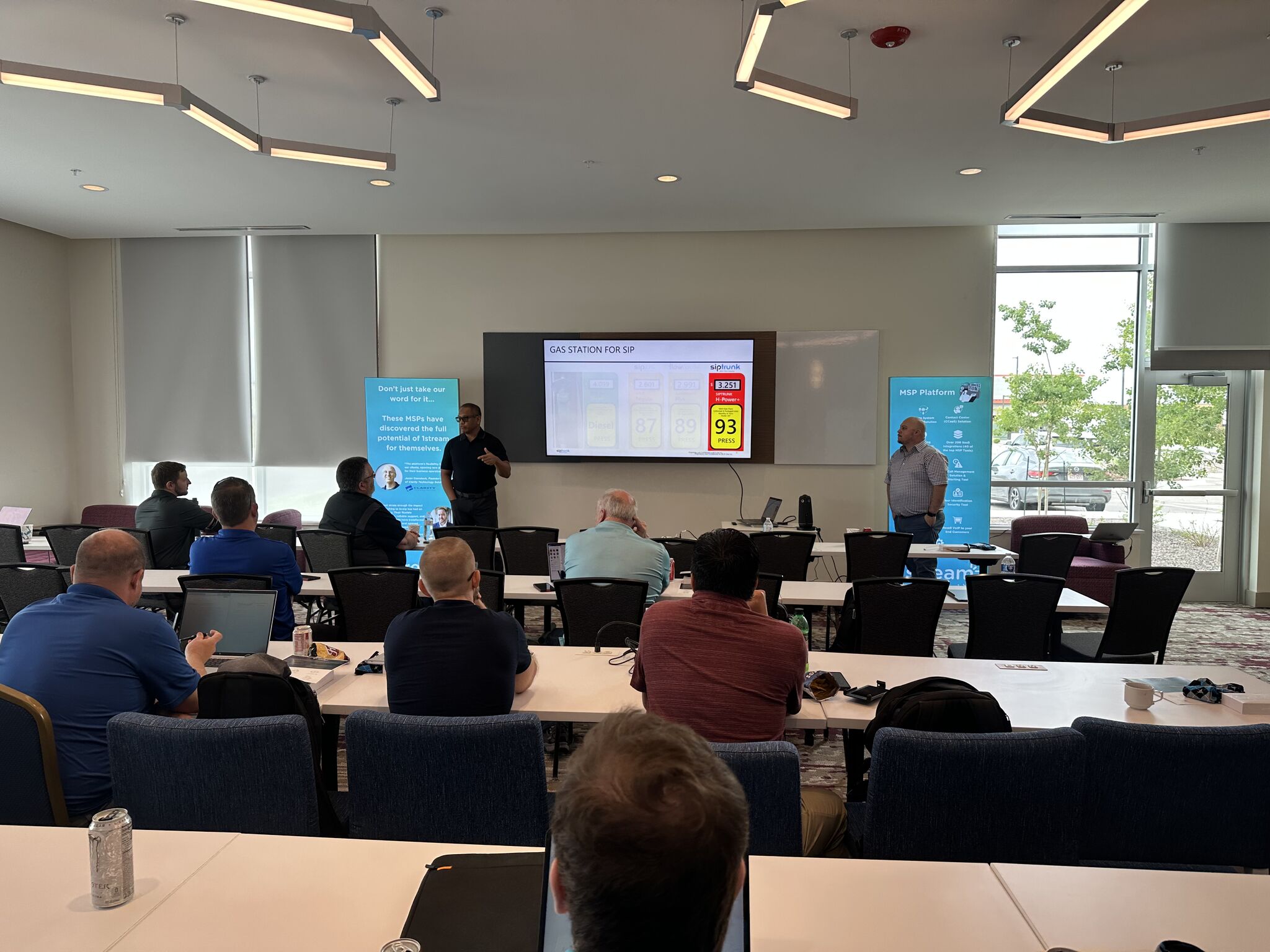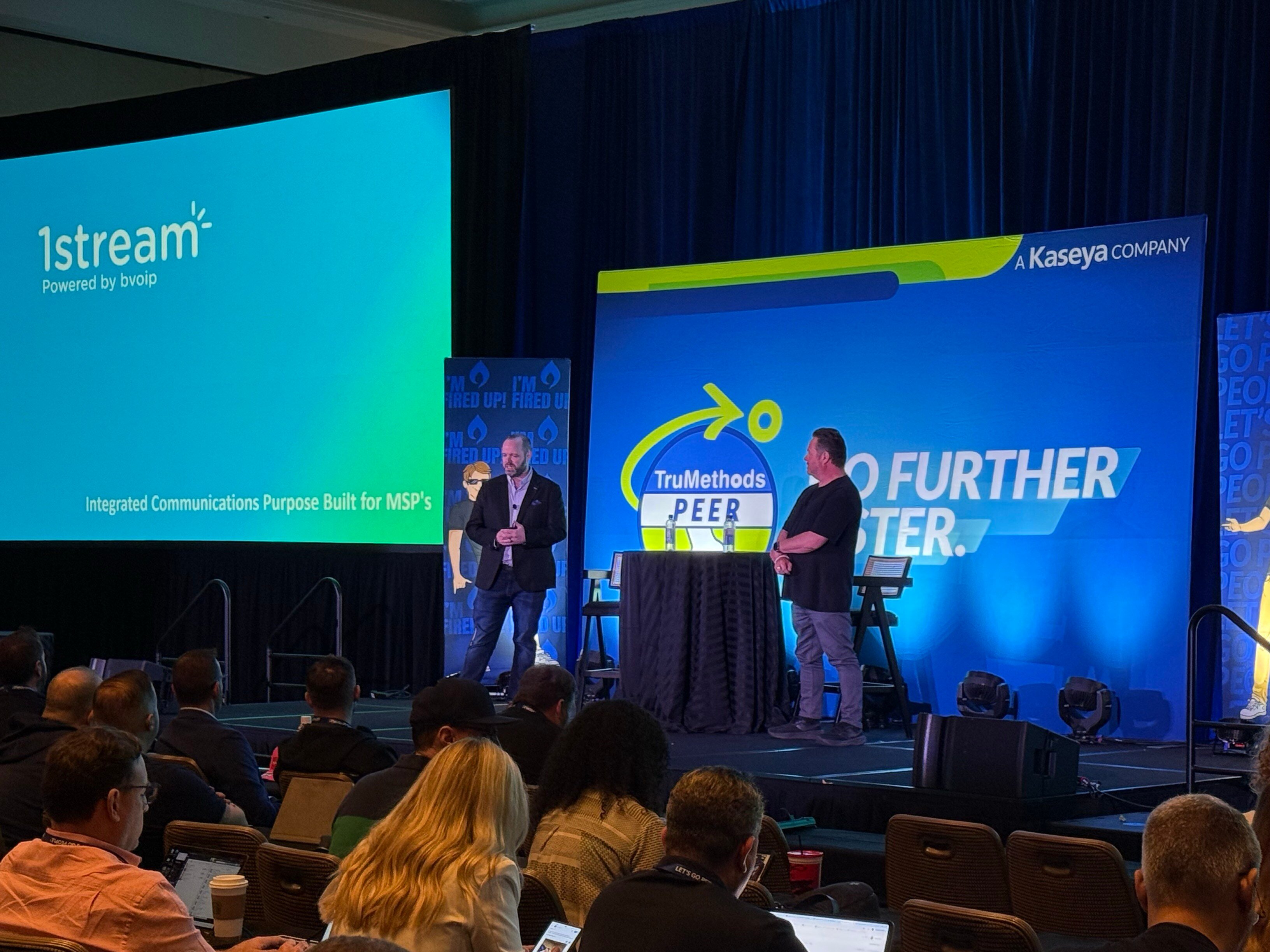
Background
Generally speaking, a lot of MSPs have started to educate themselves on the Taxes, Fees, and Regulatory costs when it comes to VoIP, UCaaS, and dial tone within the USA. However, many are still unaware of the rules and regulations around how these line items show up on a phone bill, who is responsible to collect these fees, and how it applies to an MSP, who is usually trying to check a box or complete a line item in their "technology stack" rather than being a phone carrier or phone company.
What is the "1 bill" myth?
This is the idea that end customers only ever see One Bill when it comes to their telecom expenses + MSP Services + SaaS Accounts. This is generally false and we will explore why that is.
- Internet Bill - Most MSPs bill for many things but interest is NOT one of them usually. Sure, you may order the internet services for your customer, but it's generally not normal for an MSP to rebill their end customers broadband, internet, circuit, etc.
- Cell Phone Bill - The same applies to your end customers' cell phone services. MSPs may have a relationship in this arena, but when it's all said and done the MSP doesn't invoice for cell phone service on the monthly MSP billing.
- Copper Line or Analog Phone Line Bill - The same applies to lines that generally are bills for analog lines that may be used for old fashioned phone systems, fax machines, elevator/alarm lines, etc.
SO WHY IT IS WHEN IT COMES TO VOIP DO MSPs EXPECT ONE BILL?
MSPs for some reason are conditioned to offer "VoIP" or "UCaaS" by the user, seat, person, extension or whatever you want to call it. We get it that's what the end customer is generally pitched by the "big box" VoIP players out there. However, let's take a moment and think about the reality from the view of the MSP specifically!
Think about the things that usually show up on an MSP's invoice to their end customer:
- UTM/Firewall
- Anti-Virus
- Malware Software
- DNS filtering
- Backup / Disaster Recovery
- Hardware-as-a-Service
- Help Desk
- Web Hosting
- Email Hosting
- Microsoft 365
- Networking-as-a-Service
- Virtual Desktop / Virtual Server
- Cloud Storage
- File Sync/Share
- Remote Access
- CRM/ERP Software Subscription
- and so on
When it comes to VoIP or UCaaS, there are several models to consider as an MSP, which almost NEVER end up with the MSP re-invoicing VoIP or UCaaS on the same invoice as the above items.
VOIP models to consider as an msp
- Agent of a Direct Sale VoIP/UCaaS Vendor - In this model, the company you sign up with as a "partner" makes you an "agent" or reseller of that company that usually sells direct. In this case, the company you partner with sends the bill and collects the funds from the end user and then back commissions you whatever your "cut" is. In this case, you are billing your MSP services on one bill and the phone vendor is sending another bill for those services. In this case, there are TWO BILLS that the end customer sees every month.
- Master Agency - In this model, you are going to an entity that has relationships with many different providers under one umbrella. The pitch here is that since they have volume that you can get better commissions, and they usually offer you whoever the "special of the week" is, meaning you may end up with multiple different vendors across your end customers. In this case, the upstream vendor is still billing your end customer and you are still billing your MSP services, which means there are TWO BILLS. You will still get back commissioned like in the Agent of a Direct Sale model, but this comes from your master agent every month.
- Wholesale or White Label - In this model, the pitch is that the vendor will assist you in being your own phone company or phone carrier. They likely will connect you with third party entities for legal, compliance, taxation rating, and remittance. In this case, most of these vendors include some sort of billing system as part of their offering. This billing system will show all things phone on one bill, however that one bill comes separate from their system with your logo, company brand, etc., while you are still sending a separate invoice for your MSP services. Again, the end result here is TWO BILLS!
- Hybrid - In this model, software, hardware, and dial tone are split up. In order to keep you out of the complexity of billing for dial tone the bill or invoice for the phone numbers, minutes, lines go to your end customer from one place (BILL 1) and then the software, hardware, ongoing support show up on your MSP invoice with the rest of your other services (BILL 2). In this case, Software-as-a-Service no differently than Microsoft 365 can be safely added to your larger MSP bill and the only thing you would have to concern yourself with is Sales Taxes just like any other reoccurring software service. In the end, again there are TWO BIILS!
Bottom Line
The idea that everything needs to be on "One Bill" is not reality. I can count on my hands the number of times that I have legitimately seen one invoice for all services including but not limited to all the MSP related services above and the phone services, internet services, cell phone services, analog line services, etc. Your end customer doesn't really care in the end. It's about the end outcome and the total costs. So, let's be real about the "1 Bill Myth" and let's not get hung up on it.























